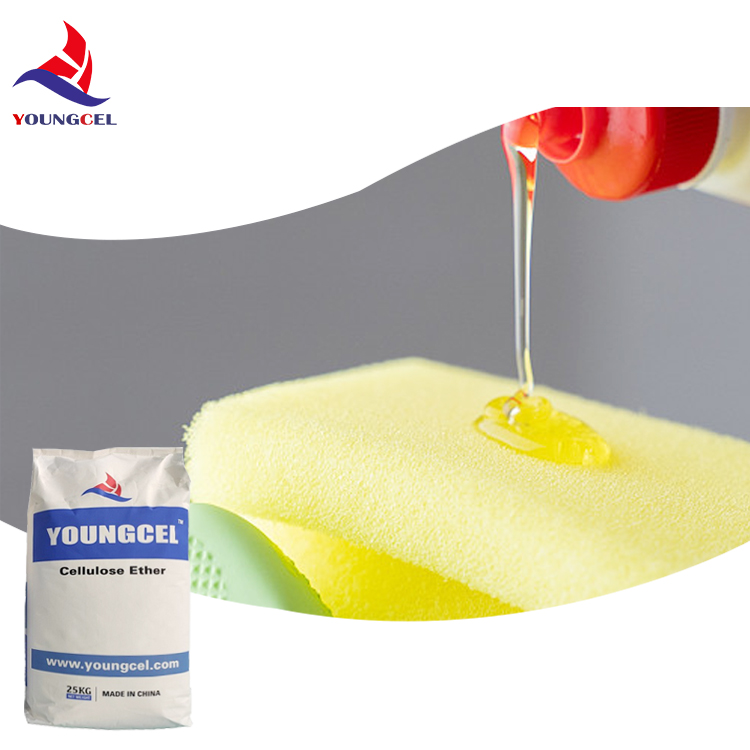Carboxymethyl cellulose (CMC) is a widely used derivative of cellulose, which is a natural polymer found in the cell walls of plants. CMC is produced by the chemical modification of cellulose through the introduction of carboxymethyl groups. This process enhances the solubility and functionality of cellulose, making CMC an essential ingredient in various industries, including food, pharmaceuticals, cosmetics, and personal care products.
One of the most notable characteristics of carboxymethyl cellulose is its ability to act as a thickening agent. In the food industry, CMC is often utilized to improve the texture and stability of products such as ice cream, sauces, and salad dressings. By enhancing viscosity, CMC helps to maintain the uniform distribution of ingredients, prevents separation, and prolongs shelf life. Additionally, CMC can reduce the calorie content of food products by replacing fats, making it a popular choice for low-fat and low-calorie formulations.
In the pharmaceutical sector, carboxymethyl cellulose is used as a binder, filler, and disintegrant in tablet formulations
. Its biocompatibility and non-toxic nature make it an ideal choice for drug delivery systems, where it helps in the controlled release of active ingredients. Furthermore, CMC is employed in eye drops and ointments as a lubricant and protective agent, providing relief for dry eye conditions.carboxymethyl cellulose

The cosmetic industry also benefits from the properties of carboxymethyl cellulose. It is commonly found in lotions, creams, and hair care products, where it acts as a stabilizer and thickener. The ability of CMC to retain moisture makes it an effective hydrating agent, essential for formulating skin and hair care products designed for hydration and nourishment.
Moreover, CMC plays a significant role in the paper and textile industries as a sizing agent. By improving the surface characteristics of paper and textiles, CMC enhances their durability and printability. The environmental aspect of CMC is also noteworthy; as a cellulose derivative, it is biodegradable and non-toxic, making it a more sustainable option compared to synthetic additives.
In conclusion, carboxymethyl cellulose is a versatile and valuable compound with a wide range of applications across various industries. Its unique properties, such as thickening, stabilizing, and binding, along with its safety and environmental friendliness, ensure its continued relevance and demand in today's market. As research continues to explore its potential, CMC will likely remain a critical component in innovative products for years to come.
-
The Application and Significance of Construction RdpNewsMay.19,2025
-
Industrial Grade HpmcNewsMay.19,2025
-
Building Coating Adhesive Building Coating Adhesive HpmcNewsMay.19,2025
-
Application Of Hpmc For Detergent For Detergent In DetergentsNewsMay.19,2025
-
Application Of Hpmc Cellulose In Cement-Based MaterialsNewsMay.19,2025
-
Application Of High Quality Hpmc For Construction In The Field Of ConstructionNewsMay.19,2025




